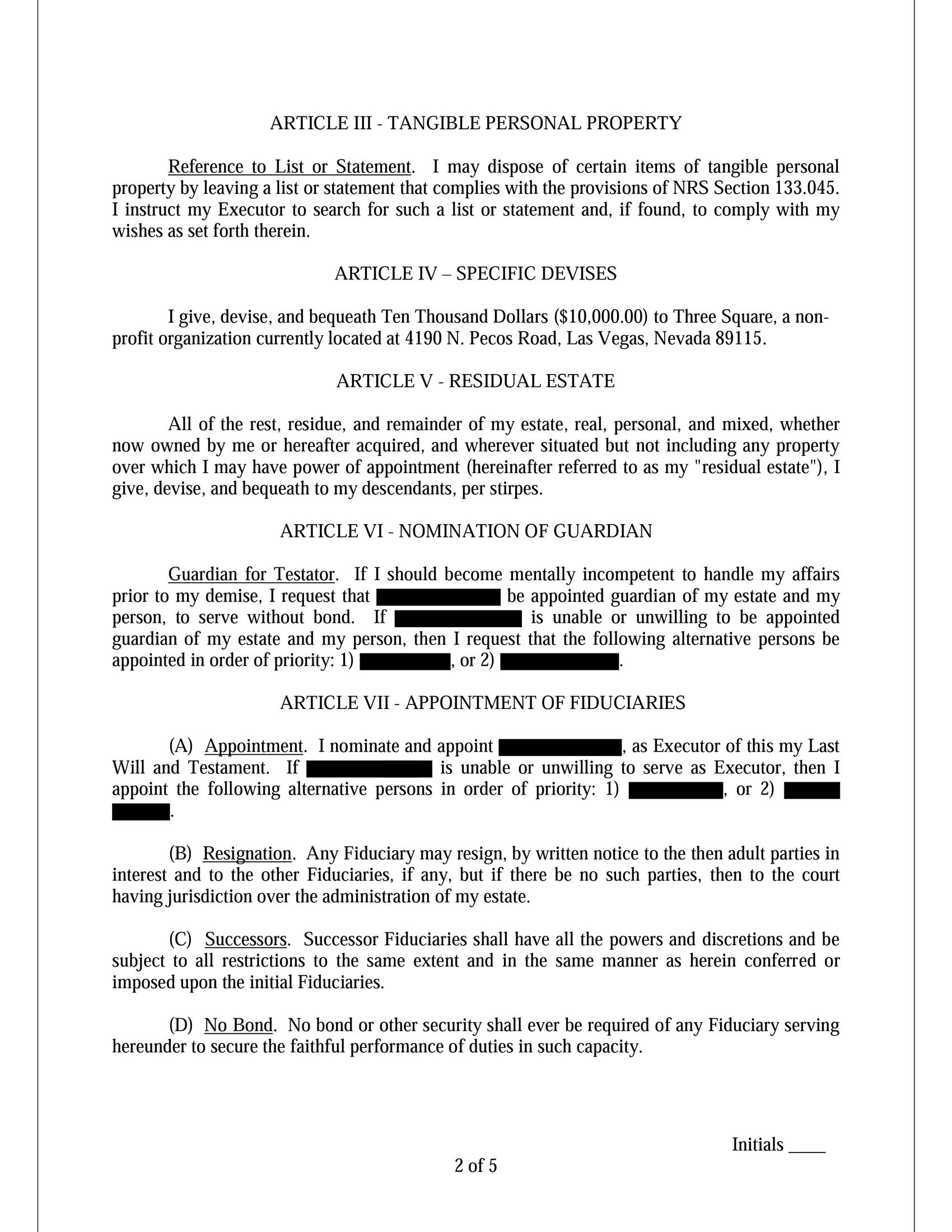Some Ideas on Estate Planning Attorney You Need To Know
8 Easy Facts About Estate Planning Attorney Described
Table of ContentsThe 15-Second Trick For Estate Planning AttorneyThe 8-Second Trick For Estate Planning Attorney10 Easy Facts About Estate Planning Attorney ShownThe Best Strategy To Use For Estate Planning Attorney
Federal estate tax. The trust fund must be irreversible to prevent taxes of the life insurance policy proceeds, and it commonly called an irrevocable life insurance count on (or ILIT).After implementing a count on agreement, the settlor must ensure that all properties are properly re-registered for the living trust. If properties (particularly greater worth assets and genuine estate) remain beyond a count on, then a probate case might be needed to transfer the possession to the count on upon the death of the testator.
Recipient designations are thought about distributions under the legislation of agreements and can not be changed by statements or arrangements outside of the contract, such as a stipulation in a will. In the United States, without a recipient declaration, the default stipulation in the contract or custodian-agreement (for an individual retirement account) will apply, which may be the estate of the owner resulting in higher tax obligations and extra fees.
There is no commitment to retain the contingent beneficiary marked by the individual retirement account owner. Several accounts: A policy proprietor or retirement account proprietor can designate numerous recipients. Nevertheless, retirement plans governed by ERISA give protections for spouses of account owners that stop the disinheritance of a living spouse. Arbitration acts as an alternative to a major litigation to clear up disagreements.
What Does Estate Planning Attorney Do?
Due to the prospective problems connected with combined family members, step siblings, and multiple marital relationships, producing an estate plan through arbitration allows individuals to confront the problems head-on and layout a plan that will certainly reduce the opportunity of future family dispute and fulfill their economic objectives. In West Malaysia and Sarawak, wills are regulated by the Wills Act more information 1959.
158) applies. The pop over to this site Wills Act 1959 and the Wills Regulation applies to non-Muslims just. Section 2( 2) of the Wills Act 1959 states that the Act does not put on wills of persons professing the faith of Islam. For Muslims, inheritance will be regulated under Syariah Legislation where one would need to prepare Syariah certified Islamic instruments for sequence.
In Malaysia, an individual writing a will need to follow the rules specified in Area 5 of the Wills Act 1959 in order for the will to be valid and reliable. Under the Wills Act 1959, the youngest age to write a Will is when he/she is 18 years old, whereas for Sabah, it is 21 years old.
At the time of signing, he has to not be under discomfort or unnecessary Source impact. On top of that, when the Will is signed by the testator, there must be at the very least two witnesses who are at least 18 years old, of sound mind and they are not visually impaired. The duty of the witnesses is only to prove that the testator authorized his/her Will.
Rumored Buzz on Estate Planning Attorney
No will shall stand unless it is in creating and implemented in the way provided in section 5( 2) of the Wills Act 1959. Testator has to be at the age of bulk. The testator has to go to least 18 years of ages as specified under the Age of Bulk Act 1971 in Peninsular Malaysia and Sarawak, whereas in Sabah, the age of bulk is 21 years of ages as specified under Area 4 of the Wills Statute 1953.
Creating a new will: only the current will certainly would be acknowledged as the valid one by the courts Statement handwritten of an intent to withdraw the will: the testator makes a written statement about their intent to revoke the will. The stated declaration needs to be authorized by the testator in the visibility of two witnesses.
Intentional destruction: pursuant to Section 14 of the Wills Act of Malaysia a will can be burnt, torn or otherwise intentionally destroyed by the testator or a third party in the presence of the testator and under their instructions, with the intent to revoke the will. If an individual dies without a will, the Circulation Act 1958 (which was changed in 1997) applies.
Estate Planning Attorney Fundamentals Explained
